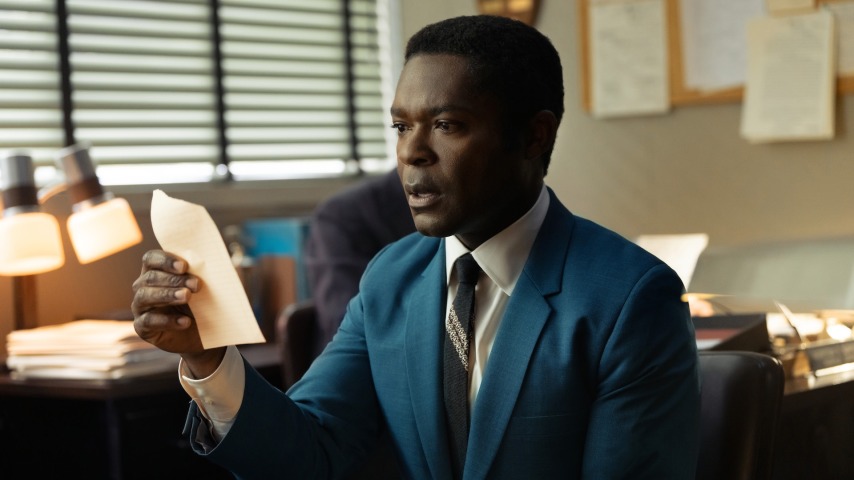“Onyeka is an absolute bull’s-eye for what we are looking to make, but it is also symptomatic of the challenge we have,” Oyelowo recently told The Los Angeles Times. “We gained traction with that project in the wake of the George Floyd murder and in a moment where there was a cultural correction and people seemed to want to do better. But now we’re in a moment where it’s evident that a lot of that was performative and not bone-deep. Projects like that suddenly become challenged. Onyeka being one, Return Of The Rocketeer at Disney being another.”
Oyelowo’s observations have been echoed by other Black creatives, like Dear White People creator Justin Simien, who previously told Vanity Fair that the industry “not only didn’t change, but in some ways it kind of got worse” after the racial reckonings of 2020. “Because of my experience as a Black person trying to get Dear White People made, I knew not to expect much, but it’s still pretty disheartening when even the façade totally falls away. My experience was having projects that were very enthusiastically announced but never got to the green light—or somebody white would be brought on to do the rewrite,” he explained. The outlet notes Simien “sometimes cringes” when a studio announces one of his projects in development: “I just think, Oh, you need to announce a Black project right now! They are seen as a more diverse place to work, but then behind the scenes, it doesn’t feel like the project’s being taken seriously. It’s almost as if I’m a figurehead.”
With Hollywood experiencing a contraction in general, people of color within the industry have observed their projects getting hit the hardest. But Yoruba Saxon (which has a new series, Government Cheese, currently airing on Apple TV+) remains committed to its mission of “normalizing the marginalized.” As David Oyelowo told The L.A. Times, “Attack on DEI or not, we’ve been doing it before there was all this energy around it and we will be doing it after.”

 Keep scrolling for more great stories.
Keep scrolling for more great stories.
